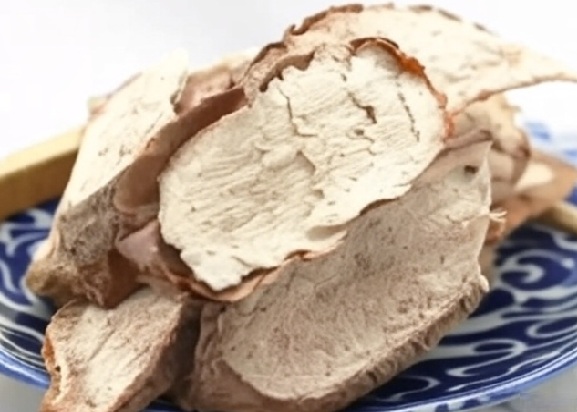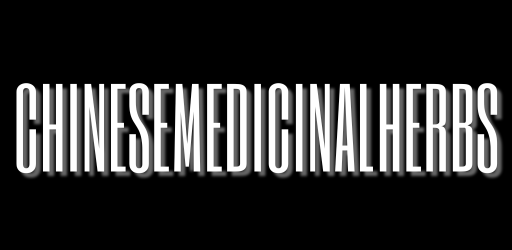Bletilla Rhizome Chinese Herb

Bletilla Rhizome (Bai Ji): A Healing Herb for Bleeding, Wounds, and Lung or Stomach Damage
Introduction
Bletilla rhizome, known as Bai Ji (白及) in Traditional Chinese Medicine (TCM), is a gentle yet effective herb used to stop bleeding, reduce swelling, and generate flesh. It is commonly applied to wounds, ulcers, and bleeding from the Lungs or Stomach. With its cooling and astringent nature, Bai Ji is valued for both internal and external applications—especially in cases involving damaged tissue or chronic non-healing sores.
What Is Bletilla Rhizome?
Bai Ji is the dried tuber of the Bletilla striata plant, a type of orchid. In TCM, it is classified as bitter, sweet, and astringent, and it enters the Lung, Stomach, and Liver meridians.
This herb is particularly known for its dual ability to stop bleeding and help regenerate damaged tissues. It is often powdered and applied directly to wounds, or taken internally in formulas for coughing up blood or bleeding ulcers.
Health Benefits of Bletilla Rhizome
Stops Bleeding and Astringes Leakage
Used for internal bleeding from the Lungs or Stomach—such as coughing up blood or vomiting blood—especially when due to heat or trauma.
Reduces Swelling and Promotes Healing of Wounds
Applied topically to cuts, burns, ulcers, or non-healing sores to help close the wound and encourage tissue repair.
Heals Cracked Skin and Skin Fissures
Effective in topical powders or ointments for dry, cracked hands, feet, or chronic skin damage.
Relieves Ulcers and Sores in the Mouth or Throat
Used in mouth rinses or powders to treat canker sores or throat lesions.
Soothes Lung and Stomach Irritation
Taken internally to treat bleeding caused by ulceration or heat-damage to mucosal linings.
How to Use Bletilla Rhizome
In Decoctions or Powders for Internal Bleeding
Use 3–9 grams in formulas for hemoptysis (coughing blood) or gastric bleeding. Often combined with herbs like Ou Jie, Bai Mao Gen, or E Jiao.
As Topical Powder for Cuts and Ulcers
Finely powdered and applied directly to the wound to stop bleeding and promote tissue regeneration.
In Ointments for Skin Healing
Used in herbal salves for cracked skin, burns, or sores that won’t close.
In Lozenge or Spray Form for Throat Ulcers
Prepared as part of soothing formulas for mouth or throat ulcers with inflammation and bleeding.
Where to Buy Bletilla Rhizome
You can find Bai Ji at the following locations:
- Chinese herbal medicine stores and pharmacies
- TCM-focused online retailers like Mayway, iHerb, or Amazon
- Specialized shops offering powdered wound herbs or skin-healing remedies
Look for:
- Clean, dry tuber slices with a white, starchy interior
- Pre-powdered forms for external application
- Sulfur-free and pesticide-free sourcing
Are There Any Side Effects?
Bletilla is generally safe for both internal and external use, but it is contraindicated in cases of coughing or vomiting blood due to external cold or Lung yin deficiency. Excessive internal use can cause abdominal fullness or constipation. It should not be used in infections with pus unless combined with herbs that clear heat and resolve toxicity.
Pregnant individuals should consult a practitioner before use.
Conclusion
Bletilla rhizome, or Bai Ji, is a valuable astringent herb in TCM known for its ability to stop bleeding, reduce swelling, and promote wound healing. Whether taken internally for Lung or Stomach bleeding or applied externally for cuts and ulcers, it offers gentle yet effective tissue repair and protection.
FAQs
Can I use Bletilla rhizome directly on a cut?
Yes, in powdered form, it can be applied to clean, fresh wounds to stop bleeding and encourage healing.
What does Bletilla taste like?
It has a mild, slightly bitter and sweet taste, often undetectable when used topically or in blends.
Is Bletilla rhizome safe for daily use?
Occasional use for acute conditions is fine, but long-term internal use should be monitored by a TCM practitioner.

